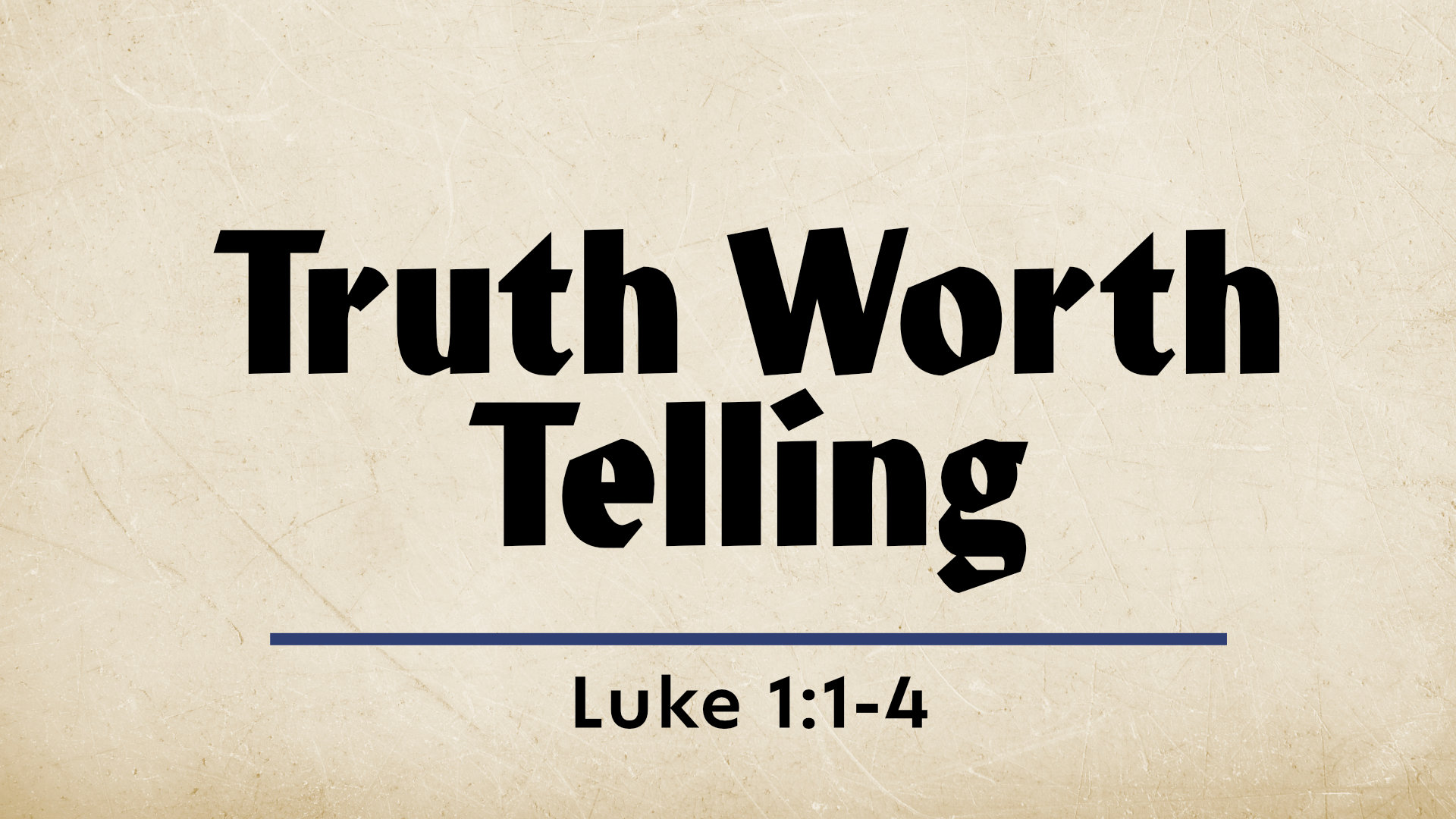Comfort Through Creation: Scripture’s Use of Metaphor to Highlight the Wonder of God
Comfort Through Creation: Scripture’s Use of Metaphor to Highlight the Wonder of God
This post is the fourth one in a series deriving from the “Comfort Through Creation” seminar that took place at Rocky Creek in March 2025. If you’d like to receive the PDF and audio version of that seminar, you may email allen@rockycreek.church.
Have you ever noticed how often the Bible uses metaphors to depict God and what he is like? If you have not, just spend five minutes reading virtually any passage in Scripture, and you’re likely to get a taste of this reality. To be sure, some places do this more often (e.g., the Psalms, the parables of Jesus, etc.). But the point is that the human authors of Scripture consistently weave in metaphors—specifically, metaphors from creation—to highlight the character and work of God.
Now, just in case language arts was not your thing, a metaphor is defined as: “a figure of speech in which a word or phrase literally denoting one kind of object or idea is used in place of another to suggest a likeness or analogy between them.” For example, “she has a heart of gold” is a metaphorical phrase. She doesn’t literally have a heart made of gold, of course. But something associated with gold (purity and beauty) carries over to aptly describe this person’s heart/character. We could just say, “She is a nice person,” but let’s be honest—that phrase, however true it might be, is dull and boring if we are trying to convey the goodness of this individual. The metaphor of gold—a tangible, tactile object—communicates richness and texture in the description; it grabs our attention and imagination in a far more profound way than a mere propositional statement.
If metaphors highlight the excellencies of mere people, no wonder biblical authors strain to convey God through metaphors in creation. Below are a handful of quotes that help us see how and why Scripture comes to us this way:
- “Scripture finds analogies to God in every area of creation: inanimate objects (God the ‘rock of Israel,’ Christ the ‘door of the sheep,’ the Spirit as wind, breath, fire), plant life (God’s strength like the cedars of Lebanon, Christ the ‘bread of life’), animals (Christ the ‘Lion of Judah,’ the ‘lamb of God’), human beings (God as king, landowner, lover; Christ as prophet, priest, king, servant, son, friend)....All this can be boiled down to a simple fact: The universe and everything in it symbolizes God.”
- “Significantly, while the psalmists called God a rock, they never set up a rock and called it God….The Hebrews who insisted strenuously on the holiness of matter and the divinity of creation—that the very ground was sacred!—were equally insistent that God was not matter and could not be represented by matter, even precious matter like silver and gold….[They knew] the difference between an idol and a metaphor…An idol reduces and confines; a metaphor expands and connects. An idol starts with a mystery and fashions it into something that can be measured; a metaphor begins with something common and lets it expand into immeasurable glory.”
- “[O]ur metaphors bring us closer to the material world at the same time they bring us closer to God. When we embrace [the material things metaphors refer to, we] find intimacy with the one who made them. Materiality is affirmed as precious….“[O]nce we have used the word rock to address God, we are not likely to look on a rock the same way ever again, or a shepherd, or a mother. Metaphor notices, and then, pulled into prayer, sanctifies.”
Do you get the point? Materiality, things, etc., are meant to point to God. Metaphors simultaneously highlight the goodness of “stuff” that God has made and help us to “grasp” God more fully. Indeed, creation is good because God made it, and creation fulfills its purpose most deeply when it serves as a means of enjoying and relating to God. So the next time you use your physical senses (sight, touch, taste, hearing, smelling) to observe a sunrise or a stream or a mountain or the breeze or birds chirping, enjoy those God-given gifts. Enjoy them most fully by considering what those things tell you about the goodness of God himself.



























